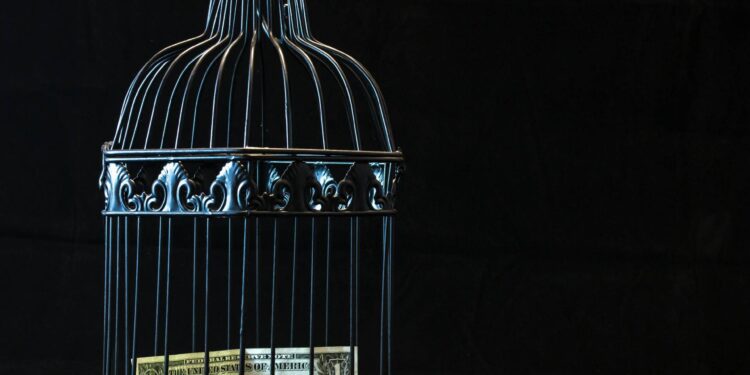Ian Paterson, a disgraced breast surgeon currently serving a 20-year prison sentence, is about to forfeit his £1 million pension. This decision is based on regulations that permit the cancellation of NHS benefits in cases of criminal misconduct, negligence, or fraud that significantly undermine public trust in the healthcare system. In 2017, Paterson was sentenced for performing unnecessary and unauthorized surgeries on over 1,000 breast cancer patients over a span of 14 years.
From 1997 to 2011, Paterson was employed at both the Spire Parkway Hospital and Spire Little Aston Hospital in Birmingham, in addition to NHS facilities managed by the Heart of England NHS Foundation Trust. Upcoming inquests into the deaths of 62 of his patients are scheduled to commence on Monday at Birmingham and Solihull Coroner’s Court, with 20 additional inquests planned for later dates. These proceedings are anticipated to take two years.
A representative from the Department of Health and Social Care commented: “These were horrific crimes, and we are collaborating with His Majesty’s Coroner on the inquests concerning the heartbreaking losses suffered by patients previously treated by Ian Paterson.”
Recently, Paterson was transferred to a Category D open prison, which has sparked outrage and distress among his victims and their families. The Ministry of Justice has apologized for any communication failures after relatives reported they had not been notified of the transfer. The inquests and the decision to revoke Paterson’s pension are part of ongoing initiatives to address the ramifications of his actions on his former patients and their families.
Paterson to forfeit pension
The objective of the inquest is to provide closure and seek answers for the families affected by Paterson’s actions and to prevent such tragedies from recurring. Stuart Coyne, whose wife Catherine passed away in 2008 following surgery performed by Paterson, is pursuing clarity about her treatment. Mrs. Coyne was diagnosed with secondary cancer in 2004 and died four years later. It was only later that the family became aware that she had not received a complete mastectomy. “We often wonder, if she had received the full mastectomy, would she have developed secondary cancer?” Mr. Coyne expressed.
“It certainly raised those concerns and frustrations, and it leaves you feeling angry that perhaps a proper procedure wasn’t followed,” he added.
The inquests followed a review by a group of medical professionals who identified patients believed to have “died unnaturally due to Ian Paterson’s actions.” Paterson misled patients into undergoing surgeries by overstating their breast cancer risks and conducting unrecognized cleavage-sparing operations, leaving patients vulnerable to cancer recurrence. Debbie Douglas, who received an unnecessary mastectomy from Paterson, stated: “Our hope is that those who have died are finally heard, and that the families and victims who suffered harm at Paterson’s hands receive the answers they deserve.”
A Department of Health and Social Care spokesperson remarked: “These were distressing crimes, and we are cooperating with His Majesty’s Coroner regarding the inquests into the tragic deaths of patients treated by Ian Paterson.”
“We are aware of the frustration among families and understand that substantial improvements in patient safety are essential. This government is diligently working to ensure all lessons from this grave case are appropriately learned.”


